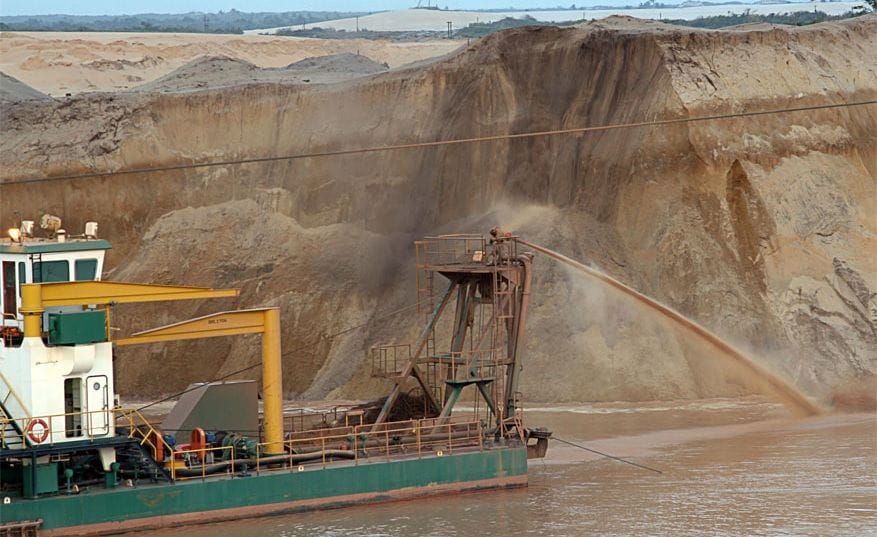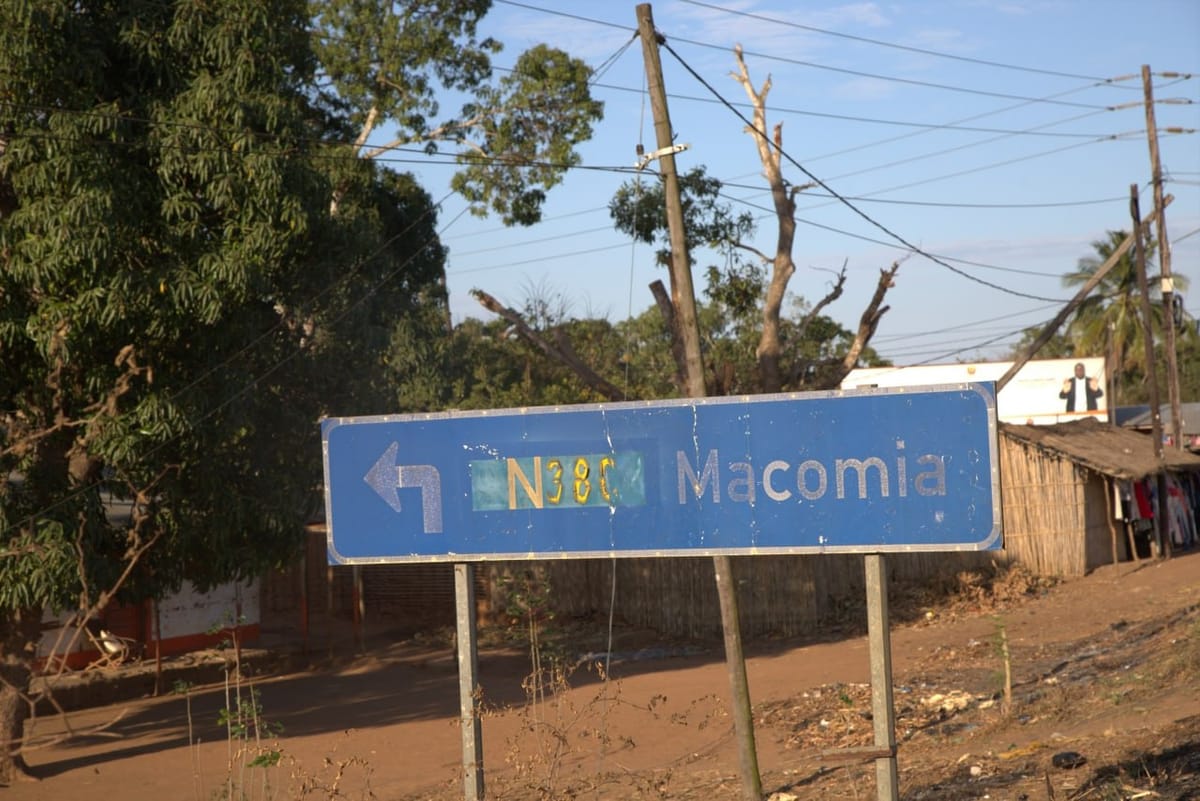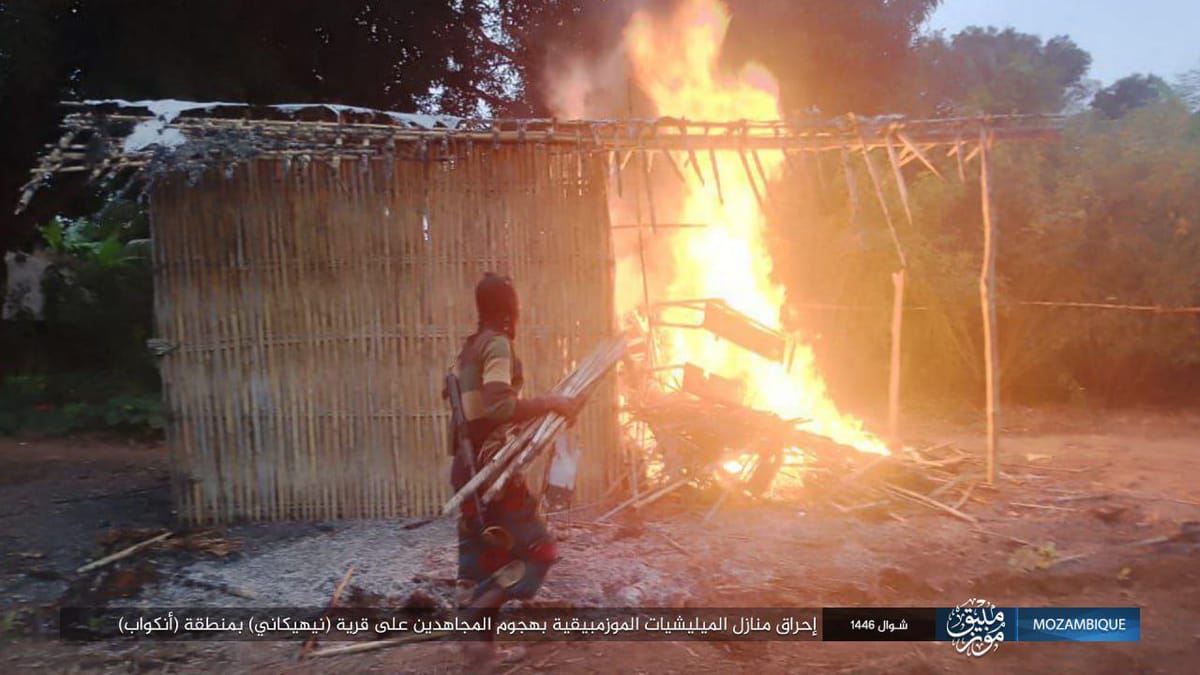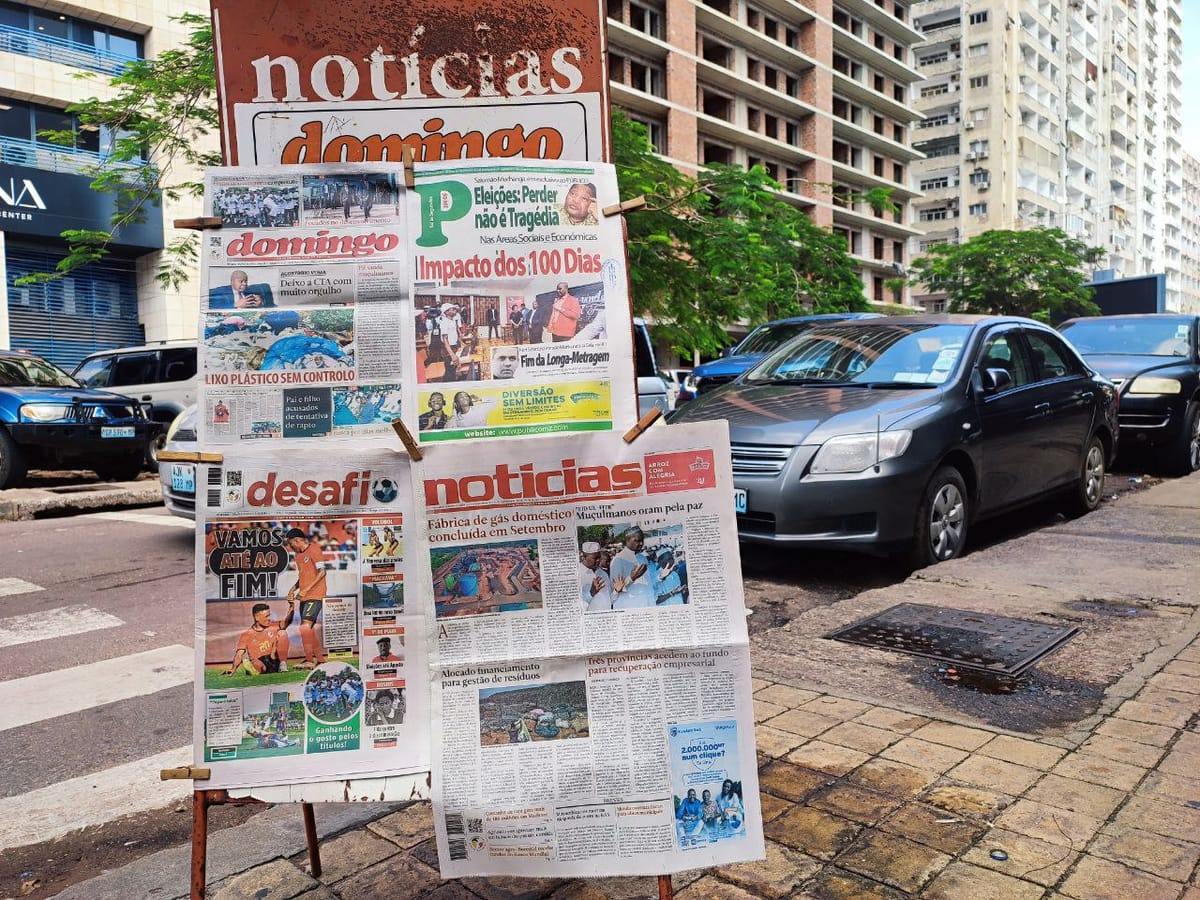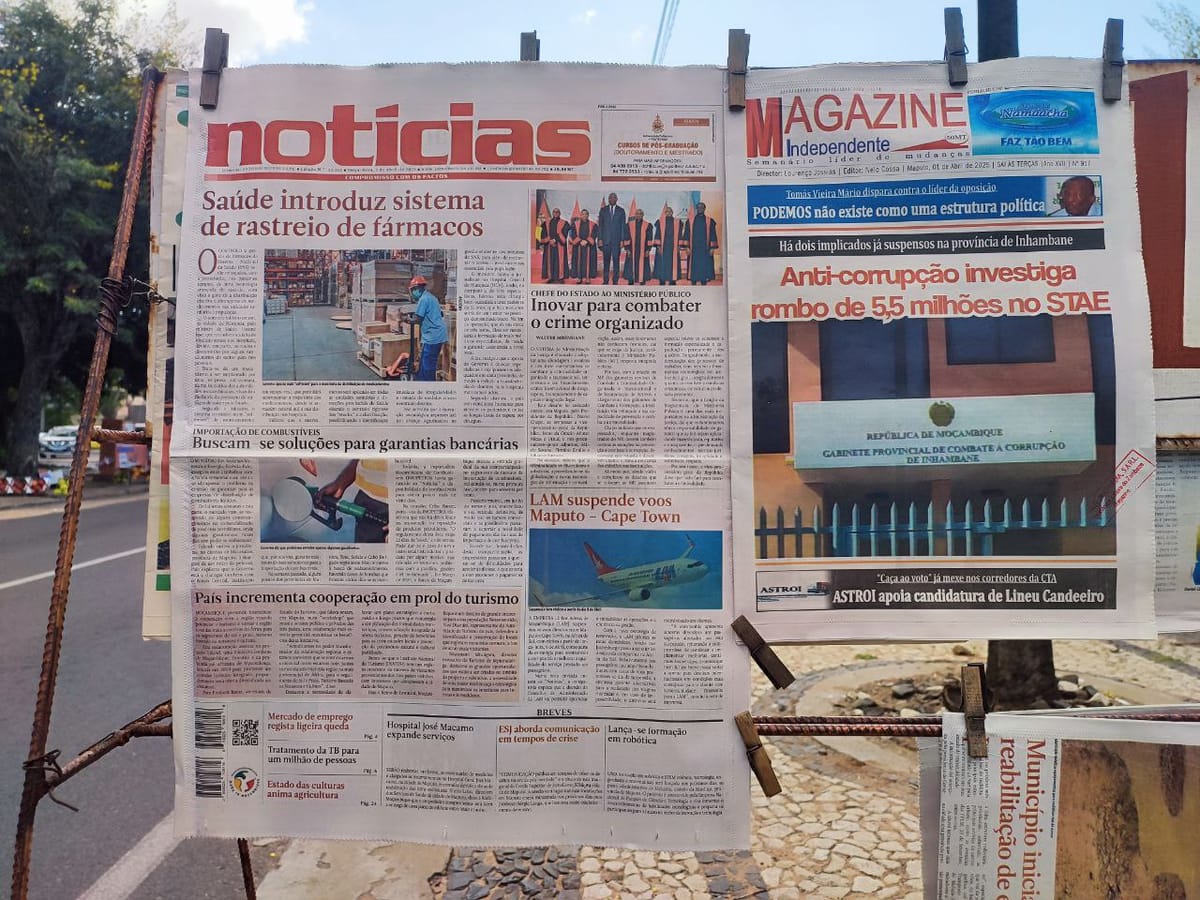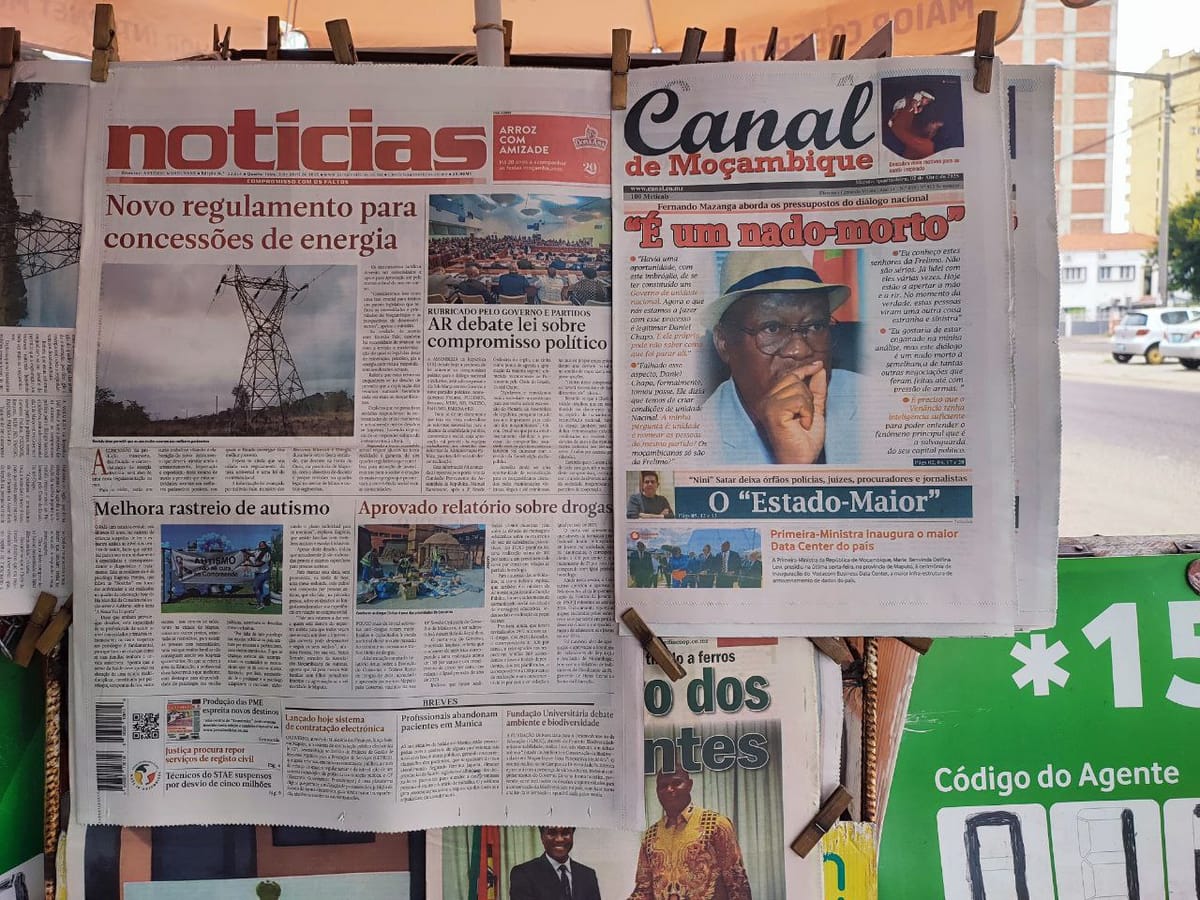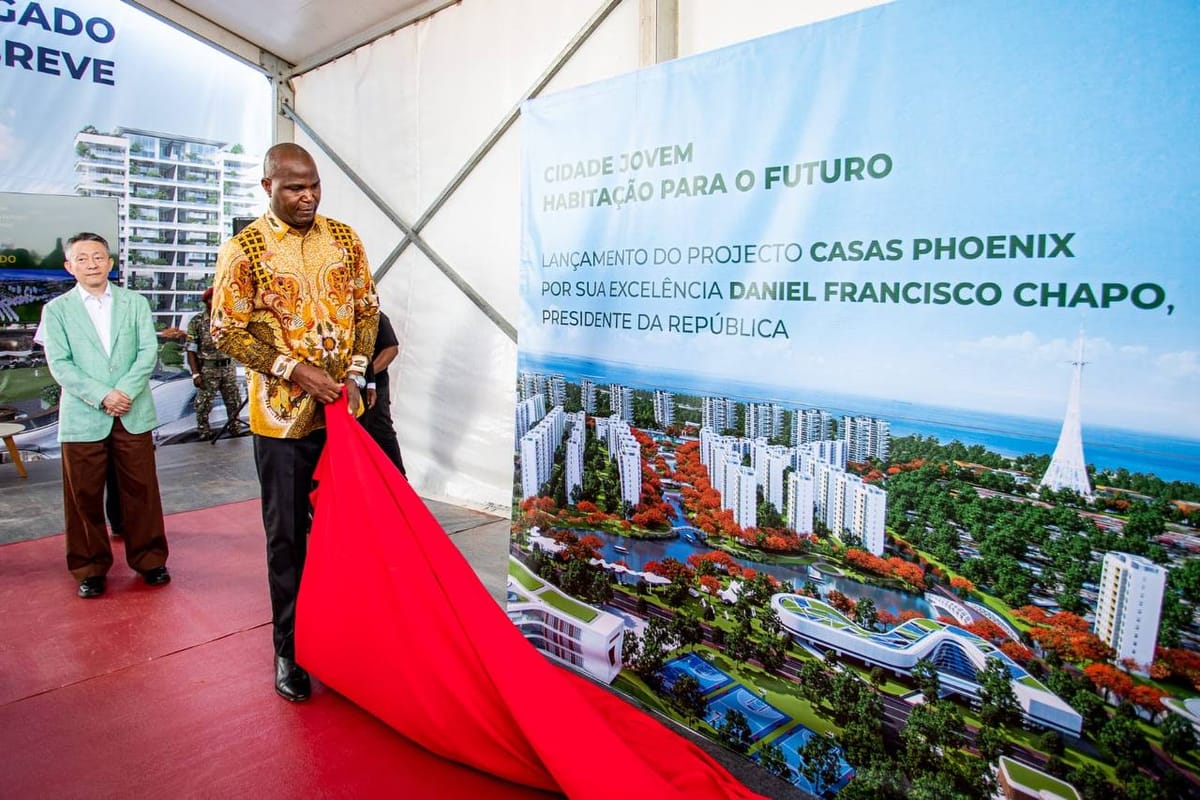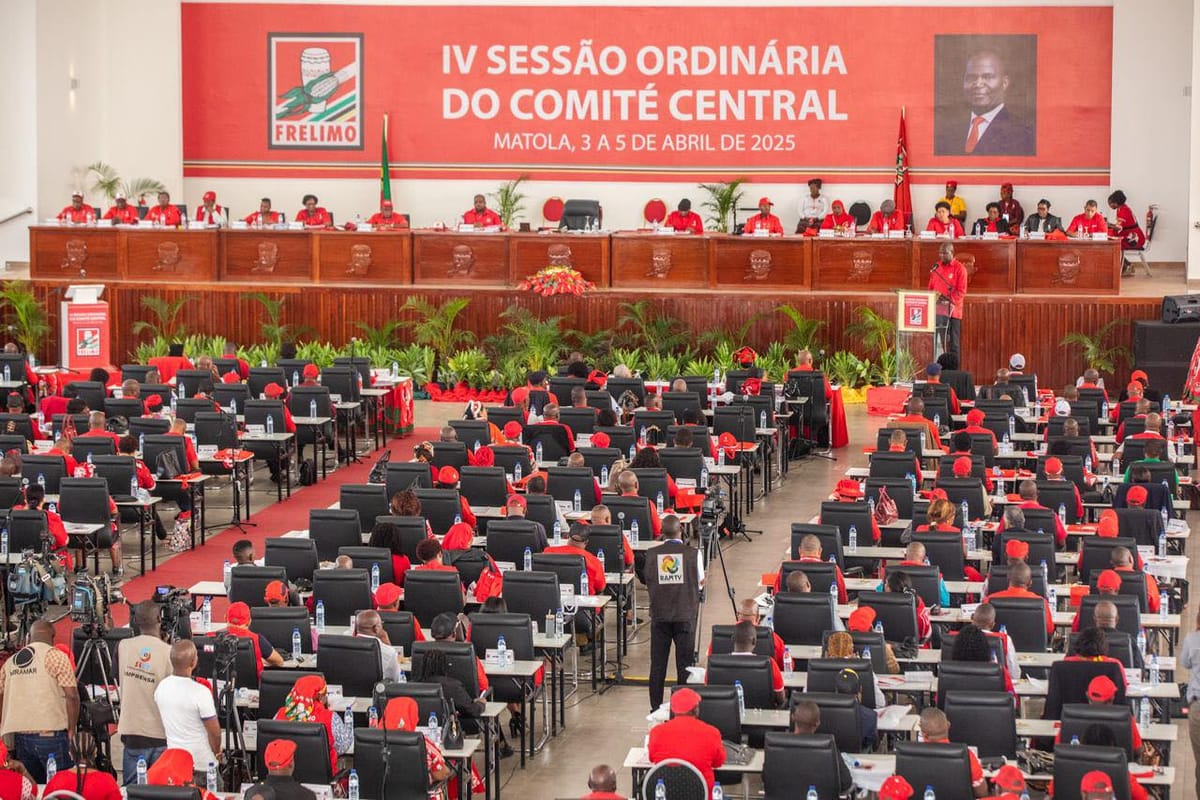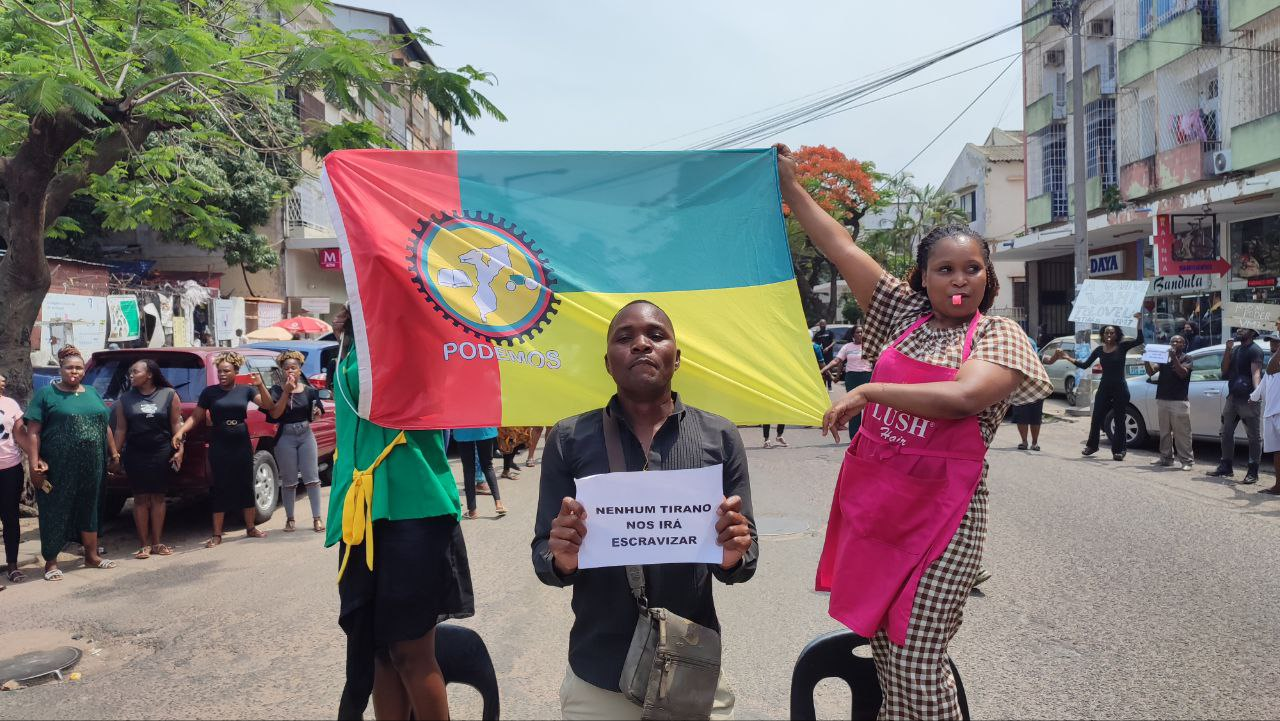Good evening — and I hope I'm still just in time to wish you happy Mozambican Women’s Day. The public holiday in Mozambique today has given me the opportunity to produce a sadly rare edition of the Weekly newsletter, something I hope to get back to doing on a regular basis from here on out.
It’s an opportunity to, among other things, showcase the best of the Zitamar Daily Briefing which goes to our paying subscribers every day. This week in particular we have snippets to be proud of.
We’ve been closely following Mozambique’s growing dollar crisis, and on Wednesday wrote our Leader article warned that “the country is edging closer to disaster,” and said the governor of the Bank of Mozambique, Rogério Zandamela, urgently needed to “work with commercial banks to find a solution”.
The following day, the central bank announced new measures to try and alleviate the crisis — measures which the business association the CTA told us they had been calling for, and that they now welcomed. It remains to be seen what knock-on effects the measures might have, and we will be monitoring them; if you are feeling the effects, please let us know. Simply reply to this email to contact the news team, or email me directly on tom@zitamar.com.
It seems we were also on the money with our analysis on Friday of what to expect from Frelimo’s Central Committee meeting. From what we understand from sources who were in the hall at the party school in Matola, the balance of power swang towards the reformist elements in the party, away from hardliners.
That increases the chances of Venancio Mondlane being brought into discussions on Mozambique’s new political settlement — particularly as he is now the leader of a party. At least, the application to register the party, called Anamalala, has been submitted. It remains to be seen what the Ministry of Justice will do with it. Incidentally, Mozambican social networks were sharing an image over the weekend of the minister of justice in Frelimo garb at the Central Committee meeting, pointing out that he was until January one of the judges on the Constitutional Council which validated the election results giving Frelimo its huge victory.
A key question will remain for many of our readers: even if the Chapo administration is, indeed, more open to political pluralism, is it also open to business? The heavy sand miner Kenmare is currently providing a test case for the new government’s attitude to foreign investors, as it waits for a definitive answer to whether and on what terms one of its licences to operate will be renewed. Chapo could win political capital and, in the short term, more tax revenue if he plays hardball. But overplaying his hand could damage Mozambique’s already fragile standing as a destination for investment — at a time when global markets are in turmoil and investors are looking for safe havens.
Safety is particularly hard to find these days in Cabo Delgado, where insurgents appear emboldened by a lack of response from the Mozambican and Rwandan troops stationed in the province. President Chapo was in Nangade, one of the conflict-hit districts in the far north of the province, today, launching celebrations of Mozambique’s 50th anniversary of independence. But further south, in Macomia and Ancuabe, insurgents are causing mayhem. Look out for the latest Cabo Ligado fortnightly update later this week.
Also to look forward to in the week ahead: Mozambique’s Administrative Court seems finally to have ruled that the Bank of Mozambique’s takeover of Moza Banco in 2017 was unlawful. After the central bank, as the financial system regulator, took the bank into its protection in 2016 as it faced an apparent liquidity crisis. It ran a process to find a new owner, which was ultimately won by — wait for it — the central bank’s own pension fund, Kuhanha. It was an astonishing story which I am looking forward to returning to this week.
Have a great week.
Week in Review
Monday
After his inauguration speech, in which he said that “we are going to map and renegotiate all the concessions”, Chapo made a further statement watering down his promise, and clarified that existing contracts were to be respected. This reduced his aims to simply negotiating better terms on contracts that were coming up for renewal anyway — something that any half-decent government would do.
Now it seems that Chapo is trying to inflate this very modest promise into an example of how the government is heroically battling with foreign investors on behalf of the Mozambican people. Either way, new contracts are only part of the solution.
A recurring complaint by locals living next to mines is that the mining company fails to deliver on promises to provide local amenities like schools, health centres and road improvements. While in some cases, the mining company is to blame, in others, the fault lies with government corruption or inaction.
Tuesday
In August last year, newly increased Rwandan forces were going on the offensive in Macomia district, and there were hopes that they could pacify it in weeks. Now the district looks as insecure as it did before the Rwandans arrived.
The security forces are, essentially, nowhere to be seen. The Rwandan troops have not responded much to recent insurgent attacks, despite the fact that they have bases in Mocímboa da Praia and Macomia districts. A source in the security forces says that Rwandan forces are constrained from going on the offensive in coastal Macomia, because the Mozambican government expects them to hold onto towns in the area, like Quiterajo and Mucojo. The plan was for Mozambican security forces to take over the guarding of those towns, but they have not arrived.
Government admits fuel traders struggling to get bank guarantees (Lusa)
Energy minister Estêvão Pale has acknowledged that fuel traders are having trouble securing bank guarantees to import fuel, despite insisting that there is fuel in the country. Shortages have been reported at various filling stations, prompting speculation about rising prices. Pale said that commercial banks and the central bank were making efforts to ensure a stable supply of foreign currency for fuel distribution.
Pale is pointing into the right direction. While different economic sectors are agonising about the scarcity of US dollars, commercial banks and the Bank of Mozambique are not able to reach an understanding. The central bank claims it has released $255m after having lowered the mandatory reserve requirement on commercial banks. Commercial banks, in private, argue that the amount released was not enough and, since they are not allowed to freely use the foreign currency deposits of their clients, they suggest that the Bank of Mozambique should release to the market some of its foreign exchange reserves, since the alternative, devaluing the metical against the dollar, would cause an explosive social situation, with inflation pushing up the cost of food.
Wednesday
In theory [Bank of Mozambique governor Rogerio] Zandamela could release more dollars by lowering reserve requirements still further (they currently stand at 29.5% for foreign currency) and by using some of the central bank’s own reserves, which amounted to $3.6bn in January. But he is nothing if not stubborn, and he seems to think he can force commercial banks and multinational fuel traders to part with some of the dollars they already have. Commercial banks could in theory use more of their dollars in Mozambique instead of placing them abroad. But they would retort that it is not Zandamela’s job to tell them how to invest their money, and nor should they expose themselves too much to one market. They are already overexposed to Mozambican domestic currency sovereign debt, which the government is struggling to repay. Fuel traders, meanwhile, are unlikely to want to use up their capital on importing fuel. If they cannot get bank guarantees to import fuel into Mozambique, they may exit the market.
The country is edging closer to disaster. Lack of foreign currency for bank guarantees is restricting access to fuel held in storage; if the supply of fuel continues to dry up, then the economy could grind to a halt. Moreover, there could soon be shortages of other important goods too, if there are not enough dollars to import them. The already divisive Zandamela is continuing to make himself unpopular. He has been kept on by President Daniel Chapo because dismissing him might alarm the business sector, and in order to negotiate with the International Monetary Fund. But if Zandamela does not work with commercial banks to find a solution, the government may yet decide that getting rid of him is the least worst option.
Thursday
Bank of Mozambique tightens local currency rules for exporters to free up foreign exchange (press release)
The Bank of Mozambique has amended rules on the conversion of exports into the metical, Mozambique's currency. Exporters are now required to convert 50% of revenues from goods, services and investment income abroad into local currency, up from 30%. In addition, fuel traders that re-export petroleum products [fuels imported into Mozambique, such as via ports, on their way to other countries] are now obliged to convert all their revenue into local currency.
Both these measures will free up local currency, a shortage of which has made it increasingly difficult to import and distribute fuel in the country recently. A source at the CTA business association welcomed the move, and said it was one of the measures that the CTA had proposed to the central bank.
Friday
Frelimo meetings are not known for free and honest discussion of party policy; normally activists do not dare challenge the leadership in front of their colleagues for fear of reprisals. However, Chapo has indicated that he wants a different approach this time. The meeting is due to consider a report from the party’s Political Commission on the political climate across the country. Unlike the last Central Committee meetings, which did not have any discussion of the political situation, this meeting will, finally, address the climate following last year’s disputed elections and the unprecedented violent protests that erupted afterwards. Veteran party figures like former first lady Graça Machel have been brought in in order to seek their views.
In theory, Chapo could get a hostile reception. However, he has prepared the ground for his policies, having sought support from influential party figures beforehand. As party president as well as Mozambican president, he controls most of the levers of the party machine. Many committee members agree that Frelimo needs to change, after the post-election protests revealed the scale of ordinary people’s anger and hatred towards the party. It is therefore likely that things will go Chapo’s way.



